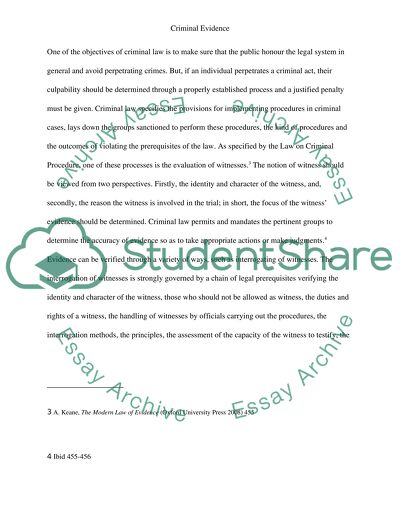Cite this document
(“Criminal Evidence Dissertation Example | Topics and Well Written Essays - 4500 words”, n.d.)
Retrieved from https://studentshare.org/law/1396744-criminal-evidence
Retrieved from https://studentshare.org/law/1396744-criminal-evidence
(Criminal Evidence Dissertation Example | Topics and Well Written Essays - 4500 Words)
https://studentshare.org/law/1396744-criminal-evidence.
https://studentshare.org/law/1396744-criminal-evidence.
“Criminal Evidence Dissertation Example | Topics and Well Written Essays - 4500 Words”, n.d. https://studentshare.org/law/1396744-criminal-evidence.


